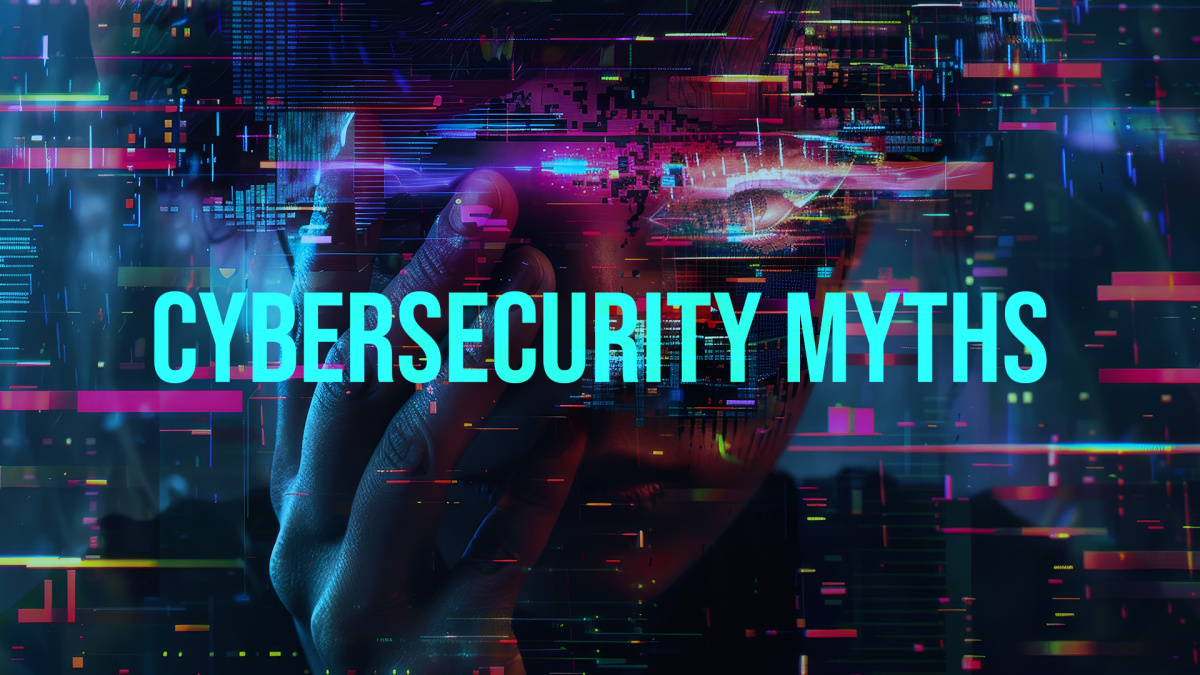5 Cybersecurity Myths That Put Your Business at Risk
Where there is information, misinformation often follows. The two go hand in hand, and no field is immune — not even cybersecurity. Misconceptions about cybersecurity can lead businesses to poor decisions, exposing their networks and sensitive data. This article explores five common cybersecurity myths and offers practical insights to help organizations strengthen their defenses.
1. Myth: Small Businesses Aren't Targeted by Cyberattacks
Reality: Small and medium-sized businesses (SMBs) are often targeted precisely because they are perceived as having weaker defenses. Cybercriminals exploit this assumption to breach smaller networks and use them as entry points to larger supply chains.
Solution: Implement a robust cybersecurity strategy, including endpoint protection, network monitoring, and employee training, regardless of your company's size.
2. Myth: Antivirus Software Alone Can Keep Your Business Safe
Reality: While antivirus software is essential to cybersecurity, it only protects against known threats. Advanced attacks, such as zero-day exploits and sophisticated phishing schemes, can bypass traditional antivirus measures.
Solution: Adopt a multi-layered security approach that includes firewalls, intrusion detection systems, and advanced technologies like Deep Packet Inspection (DPI).
3. Myth: Cybersecurity is Only an IT Department's Responsibility
Reality: Cybersecurity is a company-wide responsibility. Human error, such as falling for phishing emails or weak password practices, accounts for a significant percentage of breaches.
Solution: Foster a culture of cybersecurity awareness across all departments. Regular training sessions and simulations can help employees effectively identify and respond to potential threats.
4. Myth: Strong Passwords Are Enough to Secure Accounts
Reality: Passwords, no matter how strong, can be compromised. Threats like credential stuffing and phishing attacks can make even the most complex passwords vulnerable.
Solution: Enforce multi-factor authentication (MFA) across all critical systems to protect sensitive information. Additionally, advanced encryption can ensure that data remains secure even in the event of a password compromise, providing an extra layer of defense.
5. Myth: Once Secured, a Network Stays Secure
Reality: Cyber threats evolve constantly, and what protects your network today might not be sufficient tomorrow. Regular updates and caution are essential to maintaining security.
Solution: Regularly update software, perform vulnerability assessments, and partner with security providers like Protelion to stay ahead of emerging threats.
Conclusion
Believing in these myths can open your business to attacks, causing financial loss, reputational damage, and legal repercussions. You can build a resilient cybersecurity posture by debunking these misconceptions and taking proactive steps. Protelion's cutting-edge solutions, such as advanced Secure Communication and Data Protection ensure your business remains protected in an ever-changing threat landscape.
Looking to strengthen your cybersecurity? Explore how Protelion can help.
